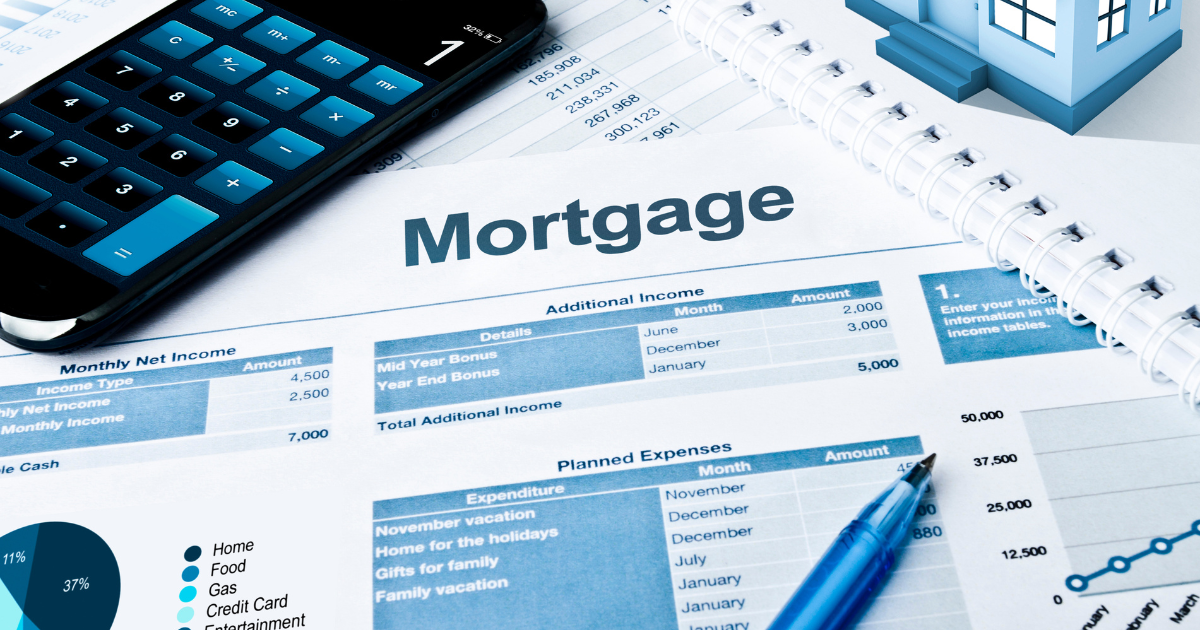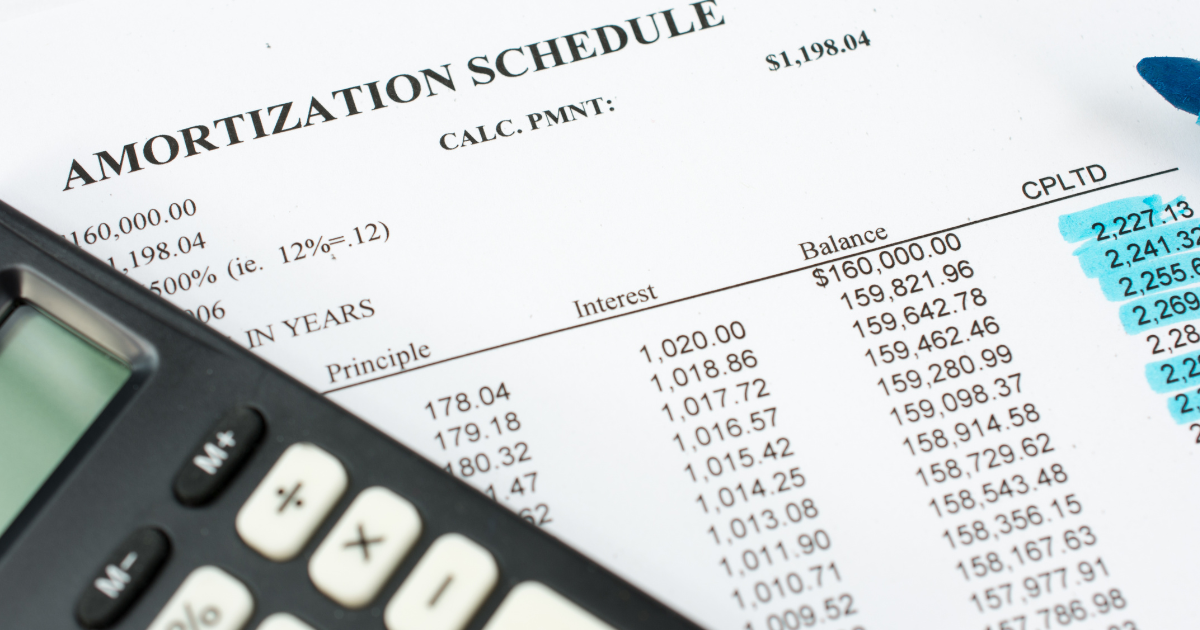Buying a home involves more than just making your monthly mortgage payment. Along the way, you’ll encounter terms and processes that can feel overwhelming if you’re new to homeownership. One of the most common—and sometimes confusing—concepts is the escrow account. While it may sound like just another financial formality, your escrow account plays a key role in protecting your investment and keeping your homeownership costs organized.
In this guide, we’ll break down exactly what an escrow account is, why lenders require it, how it works month to month, and what homeowners should know to avoid surprises.
What Is an Escrow Account?
At its core, an escrow account is a savings account managed by your mortgage lender (or loan servicer) to ensure certain home-related expenses are paid on time. Each month, a portion of your mortgage payment goes into this account. The lender then uses those funds to pay property taxes, homeowner’s insurance, and sometimes other housing-related costs, on your behalf.
Think of it as a built-in budgeting tool. Rather than you having to save up for large, semi-annual or annual bills, your lender spreads those costs out over 12 months and adds them to your mortgage payment.
Why Do Lenders Require Escrow Accounts?
Lenders require escrow accounts for two main reasons:
- Protecting their investment. Property taxes and homeowner’s insurance safeguard the home, which also secures the lender’s loan. If those bills go unpaid, the lender’s collateral is at risk. By managing these payments directly, the lender ensures the home stays insured and free from tax liens.
- Reducing risk of default. Large, infrequent bills can be difficult for homeowners to manage. Escrow accounts smooth those costs into predictable monthly payments, making it easier to stay current.
In some cases, particularly with conventional loans, borrowers who make a large down payment or have strong credit may be able to waive escrow. But many programs—like FHA, VA, and USDA loans—require it.
What’s Paid Through Escrow?
The most common expenses handled through escrow accounts are:
- Property taxes. Local governments collect these annually or semi-annually, but your lender breaks them into monthly installments.
- Homeowner’s insurance. Annual premiums are collected monthly through escrow and paid directly to your insurance company.
- Mortgage insurance (if applicable). For FHA loans and some conventional loans with lower down payments, mortgage insurance premiums may be escrowed.
- Flood insurance (if applicable). If your home is in a flood zone, flood insurance premiums can also be managed through escrow.
How Escrow Accounts Work in Practice
Here’s how it typically works:
- Each year, your lender estimates your property taxes and insurance premiums.
- Your monthly mortgage payment is divided into two parts: the principal & interest portion (the loan itself) and the escrow portion (for taxes and insurance).
- The lender deposits your escrow portion into the account each month.
- When tax bills or insurance premiums are due, your lender uses the funds to pay them directly.
This means you don’t have to worry about writing a separate check for your property taxes or remembering when your insurance renews—it’s all managed for you.
Escrow Analysis: Understanding Shortages and Surpluses
Because property taxes and insurance premiums can change, lenders perform an annual “escrow analysis.” This review compares the amount collected against the actual bills paid.
- If costs went up: You may have an escrow shortage. Your lender may ask you to pay the difference in a lump sum or spread it across future payments.
- If costs went down: You’ll have an escrow surplus. In most cases, the lender refunds the excess to you.
This is a normal part of homeownership, but it can be surprising if you’re not expecting changes in your monthly payment.
Can You Opt Out of Escrow?
In certain situations, lenders may allow borrowers to manage taxes and insurance on their own. Typically, this option is reserved for borrowers who:
- Have at least 20% equity in their home
- Have a strong credit history
- Are using a conventional loan (FHA, VA, and USDA loans generally require escrow)
While managing your own payments gives you more control, it also requires discipline. You’ll need to budget carefully and pay bills on time to avoid penalties, lapses in insurance, or even foreclosure risks. For many homeowners, the convenience and peace of mind of escrow outweigh the flexibility of waiving it.
Benefits of Escrow Accounts
Escrow accounts often get a bad rap for making mortgage payments feel more expensive. But in reality, they come with key advantages:
- Predictable monthly payments. Rather than saving for big lump sums, you budget steadily each month.
- Peace of mind. Your taxes and insurance are automatically paid on time.
- Protection from missed payments. Avoiding late fees and lapses in coverage helps safeguard both you and your lender.
Common Misconceptions About Escrow
Many homeowners misunderstand escrow accounts. Here are a few myths worth clearing up:
- “The lender is charging me extra.” Not true. The escrow portion of your payment goes directly to your taxes and insurance, not to the lender.
- “Escrow payments never change.” In reality, they can adjust annually based on tax assessments and insurance rate changes.
- “I don’t need to pay attention if my lender handles it.” Even with escrow, it’s smart to review your escrow statements and tax assessments to make sure everything is accurate.
How Escrow Fits Into the Bigger Picture of Homeownership
Escrow accounts highlight a broader reality: the cost of owning a home is more than just paying down your loan. Property taxes, insurance, and maintenance all add up, and it’s important to budget for them from the start.
CapCenter’s team helps clients understand every part of the home-buying process, including escrow. With our Zero Closing Cost mortgages, you can save thousands upfront, giving you more breathing room for these ongoing costs of ownership. Our experienced loan officers guide you through the details so there are no surprises when your first mortgage payment comes due.
If you’re thinking about buying a home or refinancing, you can explore what your monthly payment (including escrow) might look like using our Mortgage Calculator.
FAQs About Escrow Accounts
Do I earn interest on my escrow account?
In most cases, no. Some states require lenders to pay interest, but it’s not common.
Why did my escrow payment go up?
Usually, property taxes or insurance premiums increased. Your lender adjusts your monthly payment to keep up with the higher costs.
Can I pay my own taxes and insurance instead?
Sometimes, but it depends on your loan type and equity. Many government-backed loans require escrow.
What happens if I refinance?
When you refinance, your old escrow account is closed, and any surplus is refunded. A new escrow account is then set up with your new lender.
Final Thoughts
Escrow accounts are designed to simplify one of the most stressful parts of homeownership: managing large, irregular bills. By breaking them into smaller, predictable monthly amounts, escrow ensures your taxes and insurance are always paid on time.
At CapCenter, we believe transparency and education are key to confident homeownership. Whether you’re buying your first home or refinancing to better terms, we’ll walk you through every detail—including how escrow affects your payment—so you’re never left guessing.
Ready to explore your options? Start today with our Free Home Value Estimate or connect with our team to learn more about how a CapCenter mortgage can save you thousands with Zero Closing Costs.




